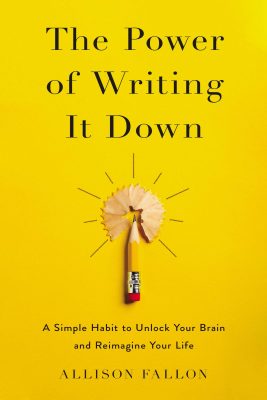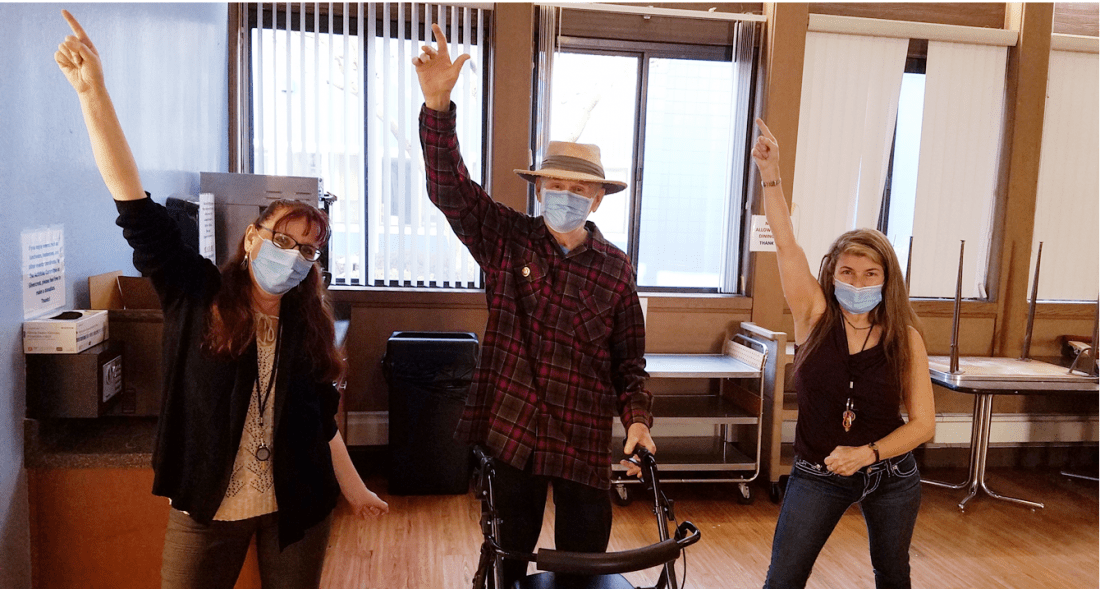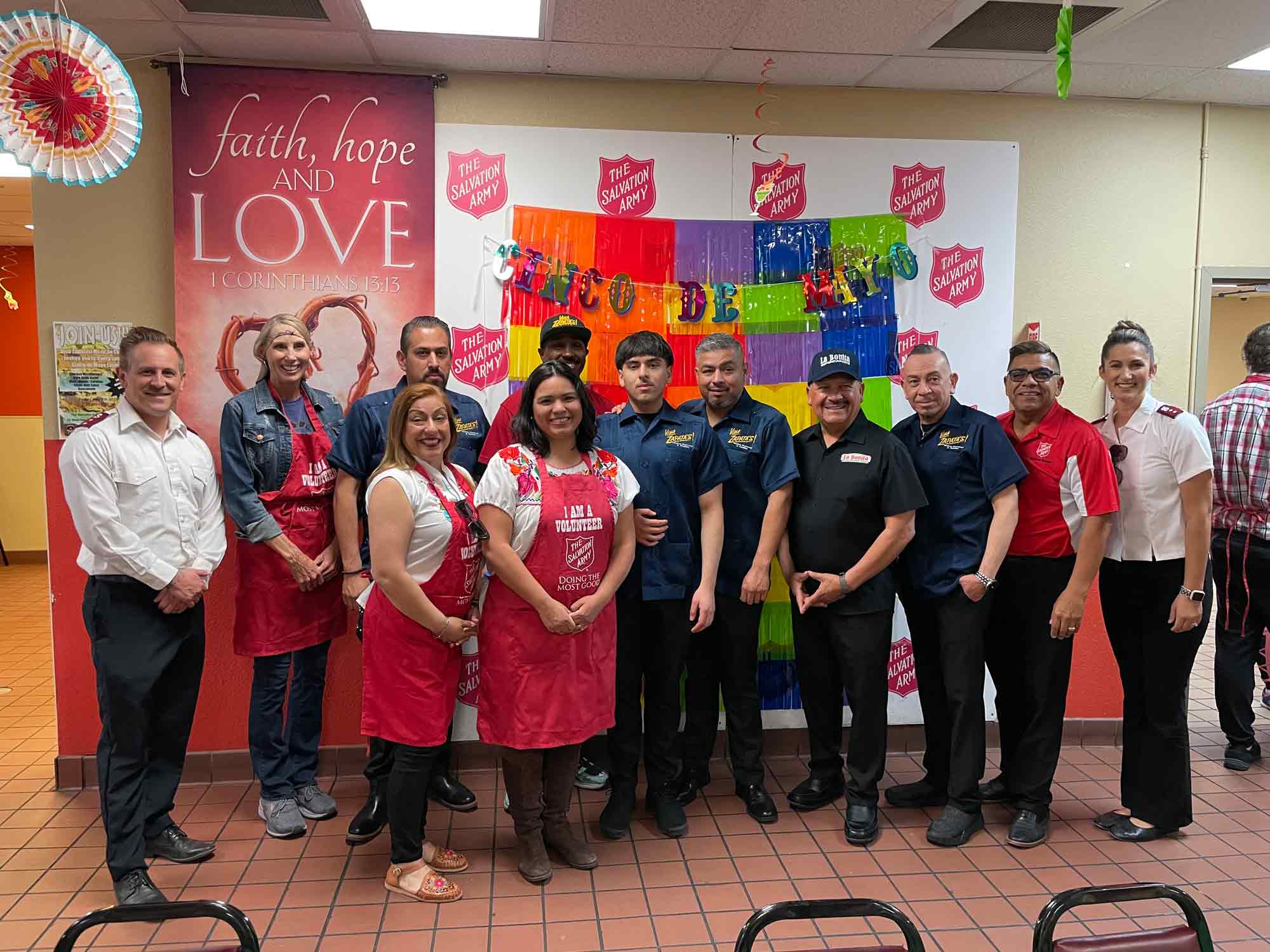Sometimes when we’re stuck, we need to hire a therapist, and other times, we simply need to tell ourselves the truth. We might avoid the truth, dance around the truth, be terrified of the truth, or like to spin the truth, but the truth has a powerful reputation for getting us out of ruts.
If you’re feeling stuck, start by telling the truth. When writers want to know what I mean by this, I take them back to “The Infinity Prompt.” What are the facts of the situation? What is the story you’re making up? How is this making you feel? You might find yourself getting lazy about telling the truth—saying things like, “I’m dying,” or “She is so unreasonable!” What if you got more specific?
“What does unreasonable look like?” I might ask. Now they might say things like, “She won’t listen to anything I’m saying.” Or even better, “She talked right over me.” Then I push them to get even more specific. How loud was her voice? Can you recreate the dialogue between the two of you? As we participate in this unfolding of truth, they realize something unexpected but fascinating.
Trying to tell the truth about someone else is challenging and, in the end, uninteresting. The most interesting writing, the most interesting questions, the most interesting life comes when we’re able to tell the truth about ourselves.
Who else but you could know the fascinating and often contradictory story of your life? …
Only we can know the truths that set us free.
Years ago, after going through a heartbreaking divorce, I decided to write a book about it. The ex-husband in my life wasn’t a kind man, to say the least, and he had also been secretive about his indiscretions, so the idea of writing as a way to “tell the truth” appealed to me in a somewhat selfish way at first. I had spent years hiding his secrets—as well as hiding my own true feelings about him—and now, I figured, I could finally let it all hang out.
So I did what I do, and I sat down and mapped out the story. Hundreds of instances of gaslighting and abuse. Infidelity. Questions that went unanswered. Questionable practices with money and business. All of it. And when I felt like I finally had it all nailed down, I booked myself a stay at a cabin to see if I could write it all down.

The problem was, I started putting words on paper, and I immediately knew something was wrong. The story was boring. It was annoying, actually. I sounded like a whiny teenager complaining about how mean my boyfriend was. I mean, I’ll give myself some credit since I’d been through a significant trauma, but it was quickly becoming clear to me this was not a voice I wanted to claim. It wasn’t powerful or compelling in the slightest.
But do you want to know my favorite part of the expressive writing process? The words we put on the page don’t have to stay the same. We get to decide how they transform. We get to expose more and more truth as we go on.
I had to ask myself another question: What truth am I not telling?
There’s a writing exercise I give to clients where you just literally list what’s true right now. It can be just a simple list, and none of the “truths” have to be connected. The only requirement is that the elements on the list have to actually be true. The truer the better. For example:
- There are birds chirping over my head.
- There’s a gentle “shush” of the ocean out my window.
- I have a heaviness in my chest I can’t explain.
- The day is bright, and I can still see the moon in the sky.
This activity has a way of bringing you back into the present moment and reminding you what is true. As I coached myself through it, the list that formed in front of me made one thing glaringly obvious: I was terrified to tell the truth about myself.
If I told the truth about myself, I’d have to explain why a 28-year-old woman walked down the aisle and married a man she did not love. That was a fascinating question, despite being a painful one to answer. It was a question I didn’t have the answer to just yet, but the writing drew me in. I knew even then that this truth was going to be the most powerful truth I could ever unlock.
In the eight days that followed, I finished the story of the courtship, marriage and divorce and was beginning to answer my own question about what makes a woman marry a man she does not love. Answering that question is what has led me here, married to a man I love deeply and expecting our first child. My husband is kind and gentle and supportive and loving and every- thing you want a husband to be. Even better, our partnership is without the familiar cycle of drama (that old neural pathway) that used to spin on repeat for me. Writing my story changed my life from the inside out.
The truth, as terrible as it can be, has a remarkable reputation for getting us out of ruts. Truth cuts through the B.S. that’s getting in the way of the real you. Truth wakes us up and helps us pay attention. We can only know the truth about others if they choose to share it with us, but that’s okay. It’s the truth about us that transforms us. And writing is the tool that helps us to finally see it.
Taken from The Power of Writing It Down by Allison Fallon. Copyright © 2021 by Allison Fallon. Used by permission of Zondervan. www.zondervan.com.
Do Good:
- Read The Power of Writing It Down: A Simple Habit to Unlock Your Brain and Reimagine Your Life (Zondervan, 2021) by Allison Fallon.
- Did you know The Salvation Army served more than 23 million Americans last year fighting hunger, homelessness, substance abuse and more—all in a fight for good? Where can you help? Take our quiz to find your cause and learn how you can join in today.
- See how you can get involved in the Fight for Good with The Salvation Army.

















